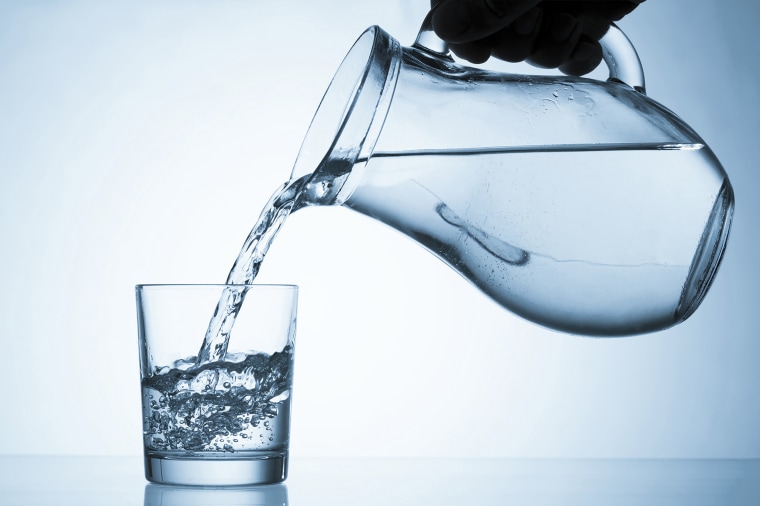Water: The Essential Nutrient
"In terms of research, we still know so little about how to eat, what to eat to be healthy, which supplements to take, which nutrients we need. It can be confusing.""Dehydration is like a stressor for your body, so I see this as an immune challenge""If we are chronically dehydrated, the cells are always on alert, they're always reactive. So they neglect their physiological functions because they become engaged in trying to resolve the challenge.""The thing about water is that it's an essential nutrient."Marie-Eve Tremblay, associate professor, Canada research chair, neurobiology of aging and cognition, Institute of Aging and Lifelong Health, University of Victoria
 |
Water is an absolute necessity. Water from any and all sources, including tea and coffee, the water content of the food we eat. Hydration is vital for metabolism, for cell and organ function, for brain function and for the immune system. Insufficient water in one's system makes it difficult for the body to maintain natural processes.
Lack of needed water results in low-grade inflammation linked to most diseases, including neurodegenerative disorders such as Alzheimer's. New research on hydration indicates aging can be decelerated with proper liquid intake; diminishing the risk of developing chronic diseases and the extension of one's lifespan can be achieved through adequate water intake.
A definitive study emerged out of the Laboratory of Cardiovascular Regenerative Medicine at the National Heart, Lung and Blood Institute, a division of the U.S. National Institutes of Health, in Maryland. There, researchers examined lifelong water restriction in mice, studying serum sodium, the concentration of sodium in the blood. Experimental mice with increased serum sodium levels -- more sodium, less water -- had shortened lifespans by six months, equal to 35 years of human life.
The most common factor increasing serum sodium is a decrease in body water content. Researchers focused on hydration for that very reason. Liquid intake from water, other liquids and from fruits and vegetables with high water content influences serum sodium. Hydration also results from food consumed in the human diet.
The same researchers later began a study with human participants. "We calculated the biological ages of the study participants based on health markers", explained study author Natalia Dmitrieva. Blood sugar, blood pressure and cholesterol measures are biomarkers that measure how well kidneys and cardiovascular, respiratory, organs and immune systems are operating.
Those study participants identified with higher and faster-aging risk held a 64 percent elevated risk for chronic diseases like stroke, heart failure, atrial fibrillation, chronic lung disease, diabetes and dementia. Risk of disease, early death and accelerated aging was also higher in some participants with low serum sodium levels. A similar outcome can be attributed to certain health conditions and medications.
Labels: Chronic Disease, Dietary Nutrition, Health, Water Intake

0 Comments:
Post a Comment
<< Home